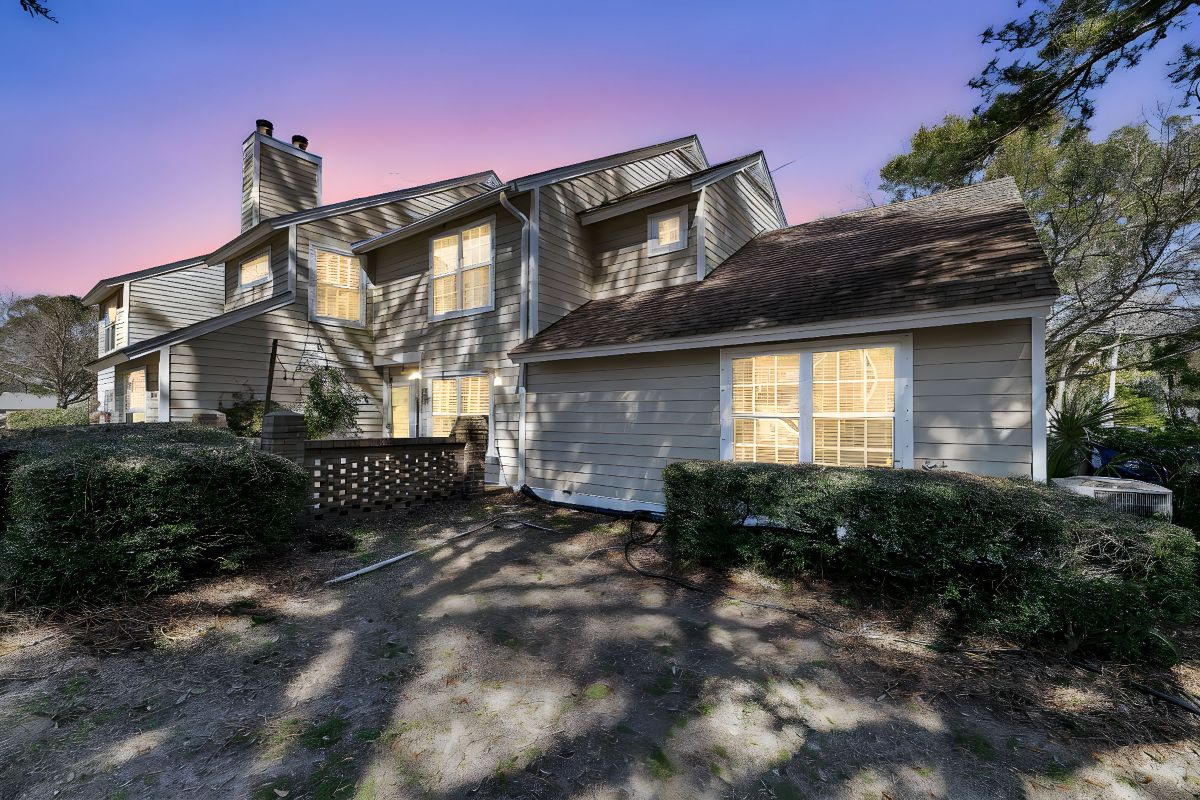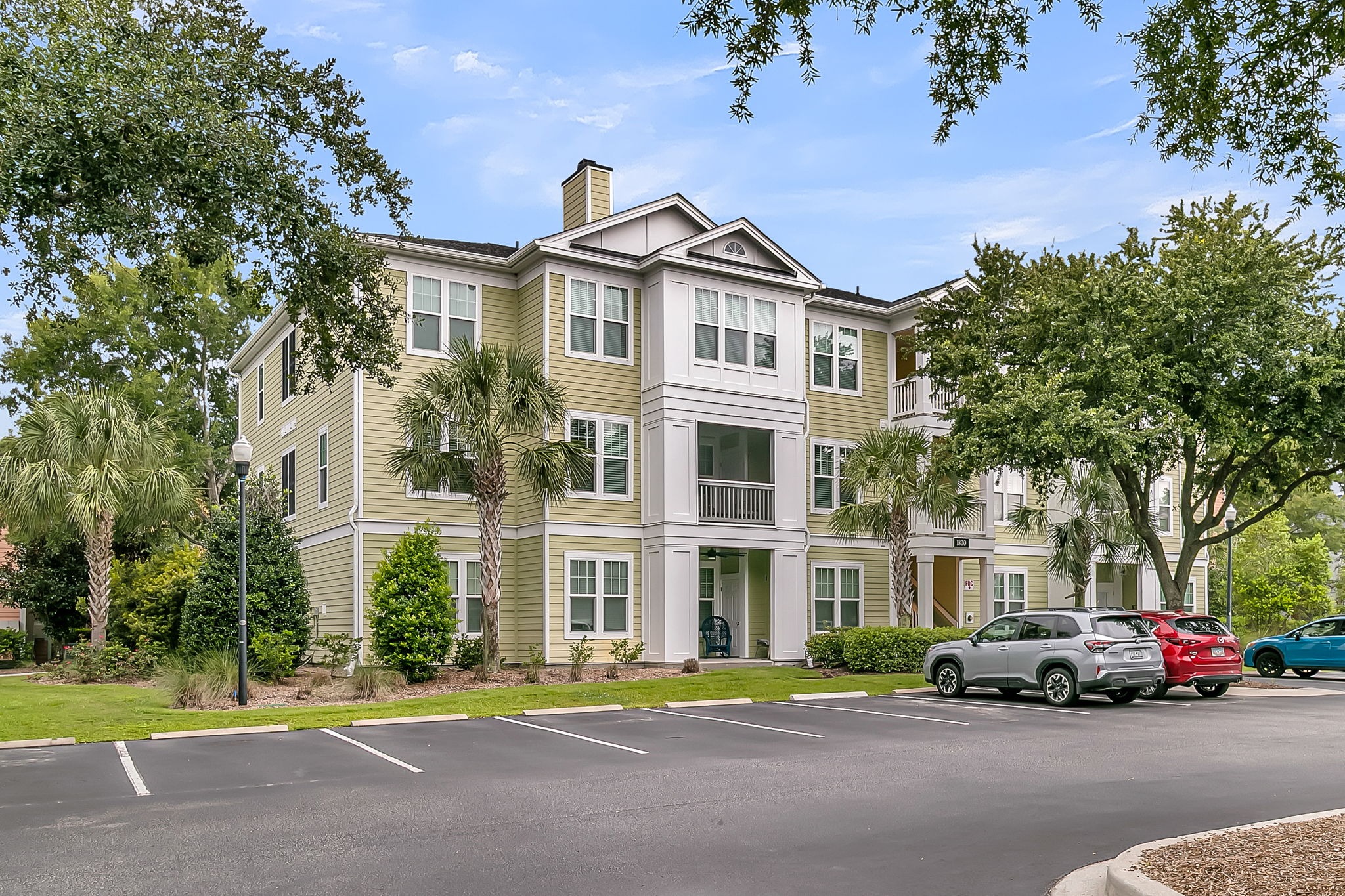Charleston Condo Living: Your Essential Guide to Understanding Ownership
Condominiums are an increasingly attractive option for homebuyers in the Charleston area, offering a prime location—whether downtown, near the beaches, or close to popular attractions—with the added benefit of reduced exterior maintenance. However, purchasing a condo is fundamentally different from buying a detached single-family home.Before you fall in love with a harbor-view unit, here is your essential guide to understanding what condo ownership truly entails, based on best practices for due diligence.


Condominiums are an increasingly attractive option for homebuyers in the Charleston area, offering a prime location—whether downtown, near the beaches, or close to popular attractions—with the added benefit of reduced exterior maintenance. However, purchasing a condo is fundamentally different from buying a detached single-family home.
Before you fall in love with a harbor-view unit, here is your essential guide to understanding what condo ownership truly entails, based on best practices for due diligence.
What You Actually Own (And What You Share)
When you purchase a traditional house in Charleston, you typically own the structure and the land it sits on. Condo ownership is different and involves two key components:
- Your Individual Unit: You own the space within the walls of your unit (often described as "paint-to-paint").
- Shared Interest (Common Elements): You automatically receive a percentage of ownership in the common areas of the entire property. This includes the land, building structure, hallways, elevators, roofs, parking areas, and amenities like pools, fitness centers, and green spaces. You share the enjoyment and responsibility for these elements with all other unit owners.
The COA, Assessments, and Amenities
The shared elements of the property are managed by a governing body, most often called a Condo Owners Association (COA), or sometimes a Homeowners Association (HOA).
The Role of the COA
A volunteer board of unit owners runs the COA and is responsible for maintaining, repairing, and insuring the common areas. To keep the community running smoothly, they create and enforce a set of rules known as Covenants, Conditions, and Restrictions (CC&Rs), along with supporting bylaws and regulations.
Monthly Assessments
As an owner, you will pay a regular (usually monthly) assessment or fee to the COA. This fee covers:
- Routine maintenance of the exterior, landscaping, and amenities.
- Master insurance policies for the building structure and common elements.
- Reserves for future major repairs (e.g., roof replacement or paving).
- Sometimes, certain utilities like water, sewer, or trash collection.
Your Critical Due Diligence Checklist
The most crucial step in purchasing a condo is thoroughly investigating the Association itself. Reviewing these documents and financials can prevent unexpected costs and ensure the community rules align with your lifestyle.
Checkpoint
Why It Matters
Review Governing Documents
CC&Rs, Bylaws, and Rules dictate everything from pet size and rental restrictions to parking rules and the type of renovations you can make. If a document bans short-term rentals, you need to know before you close.
Examine COA Finances & Reserves
Request a copy of the COA's financial statements. Look specifically at the Reserve Fund. A healthy reserve fund means the COA is saving adequately for significant, long-term maintenance projects.
Inquire About Special Assessments
A special assessment is an added, one-time fee levied on unit owners to cover a significant unexpected expense or a project for which the reserves were insufficient. Frequent special assessments can signal poor management or poor building condition. Ask about any past, current, or planned special assessments.
Talk to Your Lender
Lenders evaluate not only your financial health but also the condo building's financial health, including the percentage of units that are rented versus owner-occupied, as this impacts loan qualification.
Secure Proper Insurance
You will need a condo owner's insurance policy (often called an HO-6 policy) to cover the interior of your unit, your personal belongings, and liability, as the COA's master policy only covers the common elements and the building structure.
Final Advice for Charleston Condo Buyers
Condo ownership can be an excellent way to secure a piece of the Lowcountry lifestyle with less personal upkeep. After you purchase your unit, stay engaged! Attend COA meetings, keep contact information for board members, and know the rules of your community.
Reach out to one of our agents who can help you navigate the specific legal and financial review required for a successful condo purchase.
Photo Gallery

